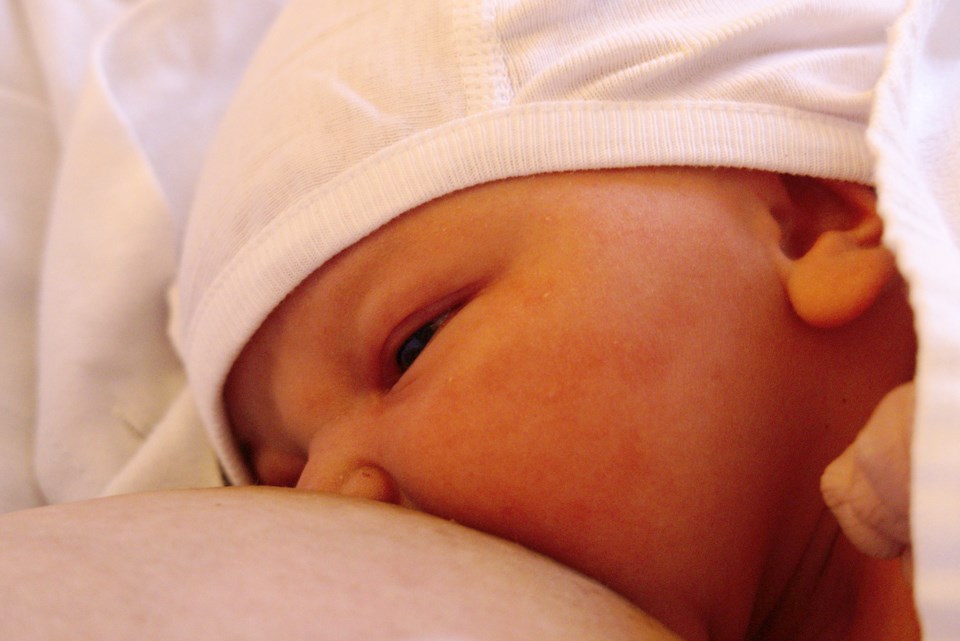It is a way to help babies who are sick or struggling to breastfeed.
Squamish lactating moms with extra breast milk can donate it locally at the Vancouver Coastal Health Milk Depot on Hunter Place, behind Nesters Market.
Since August of 2016, the local depot has been collecting Squamish women’s breast milk that is then sent down to BC Women's Hospital, where the provincial health bank is.
Once at the BC Women's Provincial Milk Bank, the milk is pasteurized and stored, ready for use, according to Gerry Kasten, a public health dietitian in Squamish.
There is a great demand for breast milk and new donor are always needed.
Health experts agree that human breast milk is best for newborn babies because it provides them with antibodies to fight disease and infection. Some mothers, however are unable to supply breast milk for their babies due to illness or other factors.
“The first infants who are prioritized are those in neonatal intensive care units,” Kasten said. The milk from the Vancouver bank is distributed to hospitals with special care nurseries across the province.
After the priority needs are met, donor breast milk is available at the BC Women’s bank for purchase at a nominal fee, Kasten said.
The Vancouver bank has provided donated breast milk since 1974 and is a founding member of the Human Milk Banking Association of North America.
The facility has processed 43,000 litres (1.5 million ounces) of milk from 4,000 donors.
Squamish mom of two, Jenn Lasek donates her excess breast milk.
“When I had my babies, both times I had tons of milk,” she said. “I thought it was a fantastic cause.”
For Lasek, it was a no-brainer to become a donor.
She is motivated by the thought of babies who are in intensive care and by a desire to help moms who really want their babies to have breast milk but can’t supply it.
Donating is a pretty simple and seamless process, Lasek added.
“I pump, I put it in the freezer bags right away,” she explained, adding when she accumulates about 300 ounces of milk her freezer she takes it to the Squamish depot.
Breast milk banks exist around the world including more than 200 in Brazil, according to the Inter Press Service.
There are more than 220 human milk banks in 24 countries within Europe, according to the European Milk Bank Association.
Until the mid-1980s, more than 20 human milk banks operated in Canada. Fear of HIV transmission and the introduction of pre-term infant formula, however, drastically reduced the number of such banks by the close of the 1980s, according to the Canadian Agency for Drugs and Technologies in Health.
There are currently four Canadian human milk banks — in Vancouver, Calgary, Toronto, and Montreal.
Mothers are screened prior to donating milk and are not paid for their donation.
To be eligible, a donor must have a healthy baby who is up to 18 months old, have more milk than needed for her own baby, be willing to take a blood test to rule ourtcertain diseases, and be able to drop off their milk at the Squamish depot.
Mothers who test positive for diseases such as HIV, use illegal drugs, smoke or have travelled to certain countries within a set time span are also excluded.
To learn more about the donating locally, go to www.bcwomens.ca/our-services/labour-birth-post-birth-care/milk-bank#About.




